Get Mold Inspection in Dallas, TX
Mold inspection services identify hidden mold problems in Dallas-area homes, helping property owners address health risks and property damage caused by moisture and mold growth.
Finding reliable mold inspection services is an important step for property owners in Dallas, TX who want to ensure a healthy and safe environment. Whether planning a home renovation, addressing persistent allergy symptoms, or concerned about hidden moisture issues, having a professional assessment can provide clarity and peace of mind. Local contractors experienced in mold detection can identify potential problems early, helping to prevent more costly repairs or health concerns down the line.
Property owners exploring options for mold inspection are encouraged to compare nearby service providers to find the right fit for their needs. Accessing detailed information about local contractors can assist in planning projects and making informed decisions. Keep reading to discover how trusted experts in Dallas can support your efforts to maintain a safe, healthy property.
- Mold Inspection - needed when homeowners notice musty odors or visible mold growth in areas like Dallas neighborhoods.
- Post-Construction Mold Assessment - essential after remodeling projects to ensure no hidden mold issues remain in properties around Fort Worth.
- Water Damage Evaluation - necessary when recent flooding or leaks have occurred in homes in the Houston area, raising concerns about mold development.
- Air Quality Testing - recommended for residents experiencing allergy-like symptoms or respiratory issues in apartments across Austin.
- Pre-Purchase Mold Screening - advised when buying a property in San Antonio to identify potential mold problems before closing.
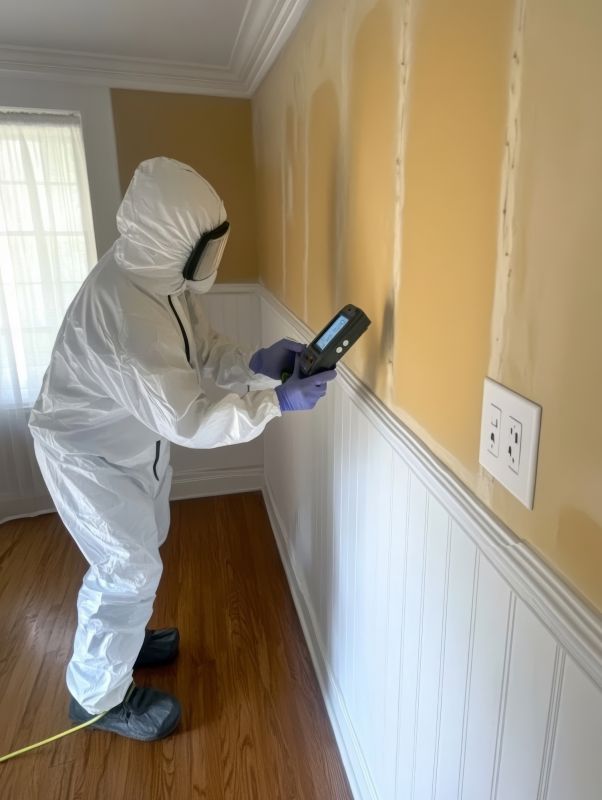
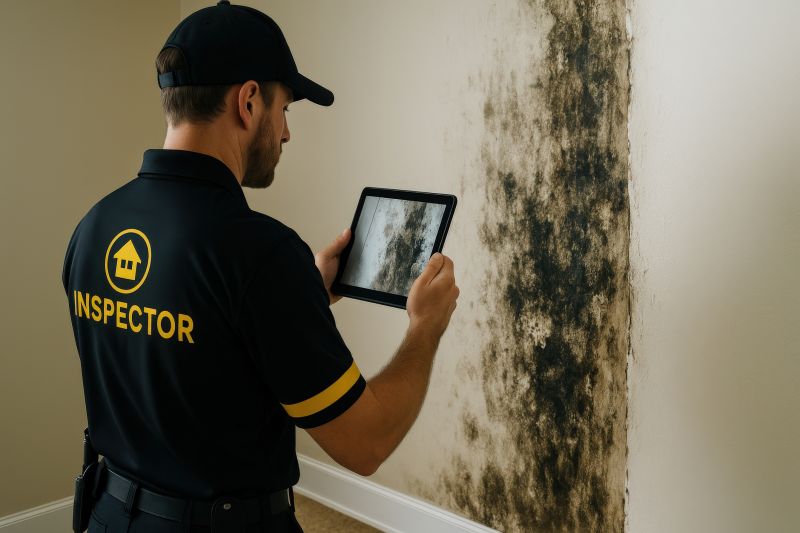
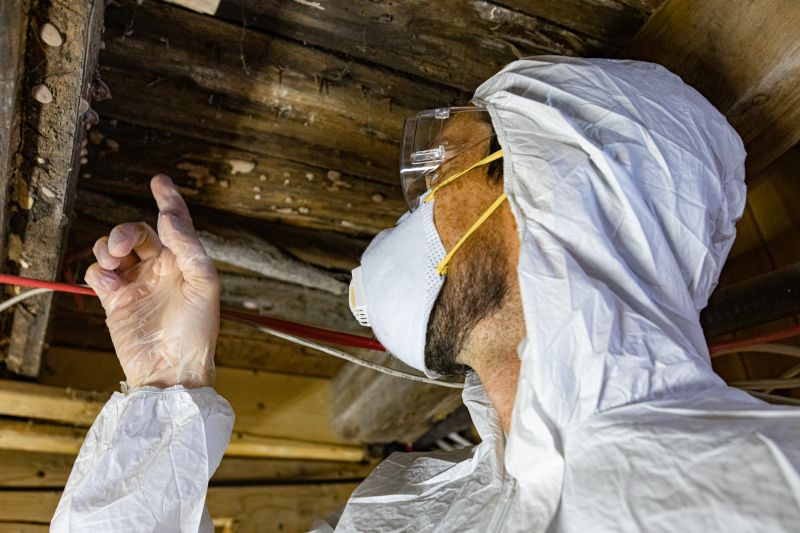
Mold inspection services involve a thorough assessment of a property to identify the presence of mold and assess its extent. Certified professionals use specialized tools and techniques to detect mold growth that may not be visible to the naked eye. This process typically includes examining areas prone to moisture buildup, such as basements, bathrooms, and around HVAC systems. The goal is to determine whether mold is present, identify the type of mold, and locate the source of moisture that is enabling mold growth.
These services are valuable for addressing a variety of problems associated with mold. Mold can cause health issues, especially for individuals with allergies, asthma, or other respiratory conditions. It can also lead to property damage by deteriorating building materials like drywall, wood, and insulation. A mold inspection helps identify hidden infestations behind walls, under flooring, or in ventilation systems, enabling effective remediation. Detecting mold early can prevent more extensive damage and reduce health risks associated with prolonged exposure.
Mold inspection services are commonly used in residential properties, including single-family homes, apartments, and condominiums. They are also relevant for commercial buildings, such as offices, retail spaces, and rental properties. Properties that have experienced water damage, leaks, or high humidity levels are often prime candidates for mold inspections. Homeowners and property managers who notice musty odors, visible mold spots, or unexplained health symptoms among occupants may find this service particularly helpful in pinpointing the cause.
Homeowners should consider mold inspection services when they suspect mold growth or want to ensure their property is free of hidden mold issues. It’s especially important during or after water damage events, renovations, or if there are ongoing moisture problems. Regular inspections can also be part of proactive property maintenance, helping to catch potential mold issues early before they develop into more serious problems. Connecting with experienced service providers can ensure a comprehensive assessment and effective solutions tailored to specific property needs.
The overview below groups typical Mold Inspection projects into broad ranges so you can see how smaller, mid-sized, and larger jobs often compare in Dallas, TX.
In many markets, a large share of routine jobs stays in the lower and middle ranges, while only a smaller percentage of projects moves into the highest bands when the work is more complex or site conditions are harder than average.
Smaller Mold Inspections - typically range from $250 to $600 for many routine assessments of residential properties. Most common jobs fall within this range, covering basic inspections and sampling. Larger or more complex projects can push costs higher, but they are less frequent.
Extensive or Commercial Inspections - often cost between $600 and $1,500 when evaluating larger buildings or multiple areas. These projects usually involve more detailed testing and comprehensive reports, which are less common but necessary for bigger properties.
Remediation or Mold Removal - can vary widely from $1,000 to $3,500 for typical mold cleanup jobs. Many projects stay within this range, though larger or more severe cases may exceed $5,000 depending on the extent of damage and required repairs.
Full Mold Remediation Projects - tend to range from $3,500 to $10,000 or more for extensive remediation efforts involving multiple rooms or structural repairs. Such large-scale jobs are less frequent but represent the upper end of typical costs for mold-related services.
Actual totals will depend on details like access to the work area, the scope of the project, and the materials selected, so use these as general starting points rather than exact figures.
Indoor Air Quality Testing - professionals assess air quality to identify mold spores and other contaminants that may affect health and indoor environments.
Water Damage Restoration - experts handle water intrusion issues that can lead to mold growth, requiring similar assessment and cleanup skills.
Home Inspection Services - inspectors evaluate hidden moisture problems and structural issues that can contribute to mold development.
HVAC System Cleaning - technicians clean and maintain heating, ventilation, and air conditioning systems to prevent mold proliferation within ductwork.
Asbestos and Hazardous Material Removal - contractors manage the safe removal of hazardous materials, often involving similar planning and containment procedures as mold remediation.
Structural Drying Services - specialists dry out affected areas after flooding or leaks, which is crucial in preventing mold from forming on surfaces.
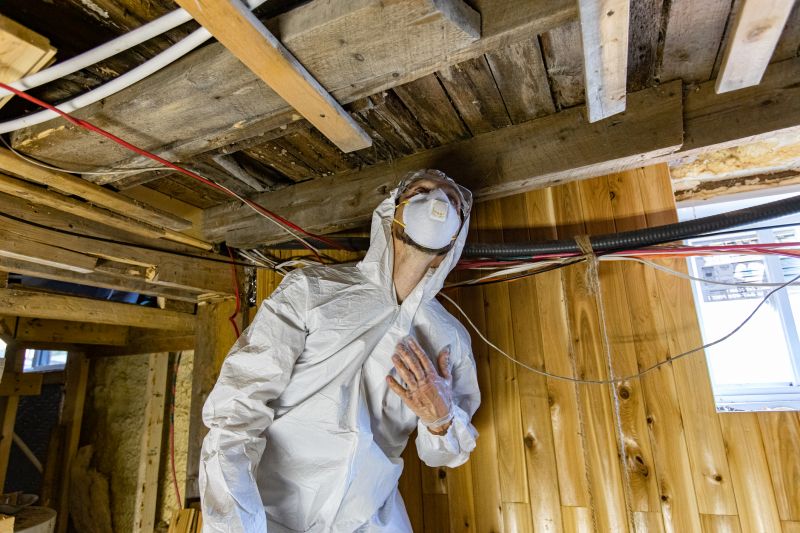
When comparing mold inspection service providers, it is important to consider their experience with similar projects within the Dallas, TX area. A contractor who has handled mold inspections in homes comparable to yours will be more familiar with common issues and effective assessment techniques. This familiarity can help ensure that the inspection is thorough and tailored to the specific conditions often found in local residences. By reviewing the background of potential service providers, homeowners can gain confidence that the professional they choose has relevant experience and understands the unique aspects of inspections in the local climate and building styles.
Clear, written expectations are essential when selecting a mold inspection service. A reputable contractor should be able to provide detailed documentation outlining what the inspection will include, the scope of work, and any follow-up steps. This transparency helps prevent misunderstandings and ensures that both parties are aligned on the process. Homeowners should look for service providers who communicate their procedures clearly and are willing to answer questions about what to expect during and after the inspection. Having this information in writing creates a solid foundation for the project and helps homeowners make informed decisions about moving forward.
Reputable references and effective communication are key indicators of a reliable mold inspection provider. Speaking with previous clients or reading reviews can offer insight into the quality of service and professionalism of the contractor. Additionally, a provider who maintains open and responsive communication can better address concerns and provide updates throughout the inspection process. While the website introduces homeowners to local options, it is important to remember that the actual work is performed by trusted local contractors. Comparing these providers based on their experience, clarity of expectations, and communication practices can help homeowners find a service partner that meets their needs and provides confidence in the inspection process.
Property owners in Dallas, TX use Mold Inspection services for practical projects around their homes and businesses. This guide focuses on everyday jobs and straightforward project options.
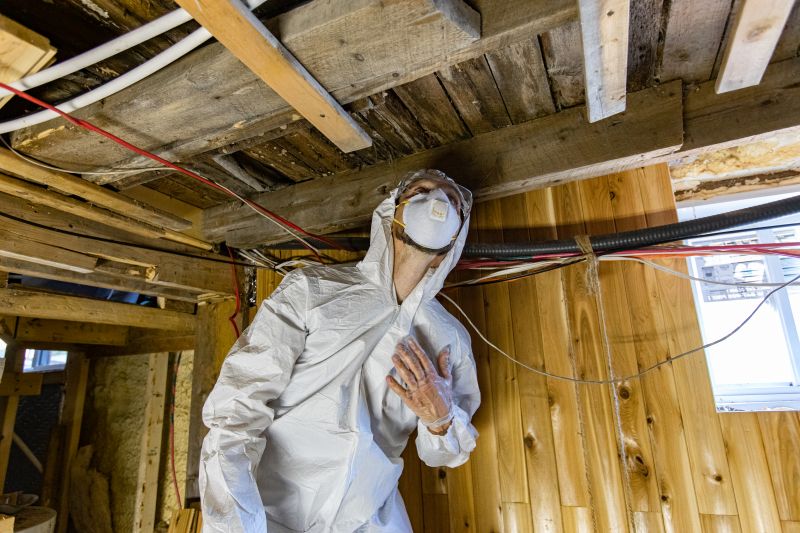
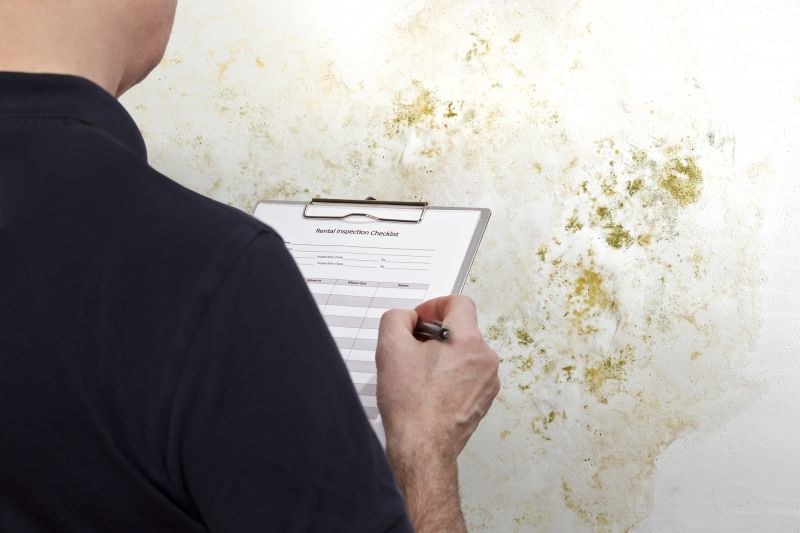
Mold inspection services in Dallas, TX are often sought after when property owners notice signs of moisture or mold growth inside their homes or commercial buildings. Common situations include after experiencing leaks, flooding, or high humidity levels, which can create conditions conducive to mold development. Homeowners may also look for inspections when preparing to sell a property, ensuring that hidden mold issues are identified and addressed before listing. Local contractors can assess areas such as basements, attics, or bathrooms where moisture tends to accumulate, helping property owners understand whether mold is present and if remediation is necessary.
In addition, mold inspections are frequently requested during routine maintenance or renovations in Dallas-area properties. For example, remodeling projects that involve tearing down walls or replacing flooring can disturb hidden mold colonies, making inspections a valuable step before proceeding. Property owners might also seek inspections if they experience persistent musty odors or allergic reactions that could be linked to mold presence. Service providers in the area are equipped to evaluate indoor air quality and identify potential mold problems, offering guidance on the next steps to maintain a healthy living or working environment.
What is involved in a mold inspection? A mold inspection typically includes a visual assessment of the property and may involve the use of specialized equipment to detect mold presence and moisture levels.
Why should I consider a mold inspection? A mold inspection can help identify hidden mold growth that may not be visible, allowing for appropriate remediation before it causes further issues.
How do local service providers perform mold inspections? Local contractors use trained techniques and tools to evaluate indoor air quality and identify areas where mold may be growing unseen.
What signs indicate I might need a mold inspection? Signs include visible mold growth, musty odors, water damage, or unexplained health symptoms among occupants.
Can a mold inspection determine the extent of mold contamination? Yes, a thorough inspection can assess the severity and scope of mold presence to guide effective remediation efforts.
Identify hidden mold issues - Property owners can use mold inspection services to detect mold growth that isn't visible to the naked eye, helping prevent potential health problems.
Assess moisture problems - Homeowners experiencing persistent dampness or water leaks can have local contractors evaluate moisture levels to address underlying issues.
Ensure indoor air quality - Those concerned about indoor air quality can schedule inspections to identify mold spores that may affect breathing and overall health.
Prepare for property transactions - Buyers and sellers can utilize mold inspections as part of the property evaluation process to ensure a safe and healthy environment.

If you are thinking about Mold Inspection for a property in Dallas, TX, this guide is meant to help you understand the work, the typical project types, and how different options might fit your plans.
When you are ready, you can use the quote form on this page to share a few details about your project. From there, local pros can review the basics and respond with options that match what you have in mind.



